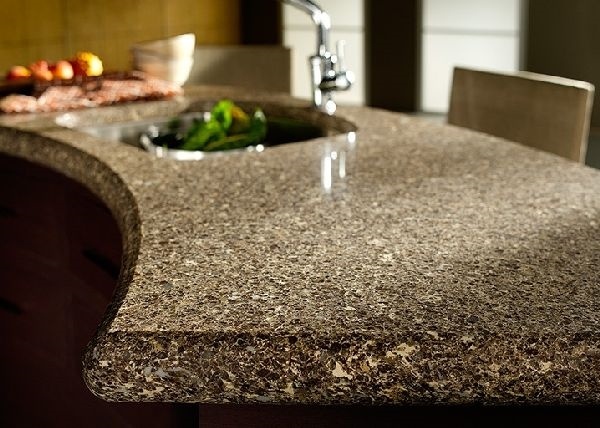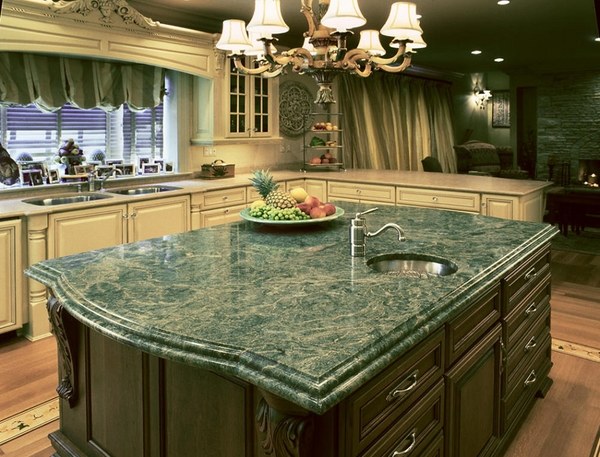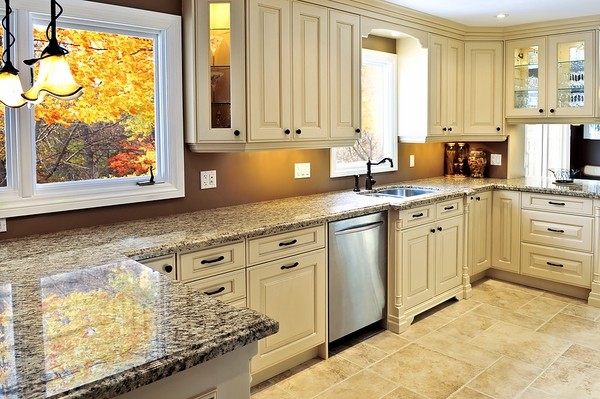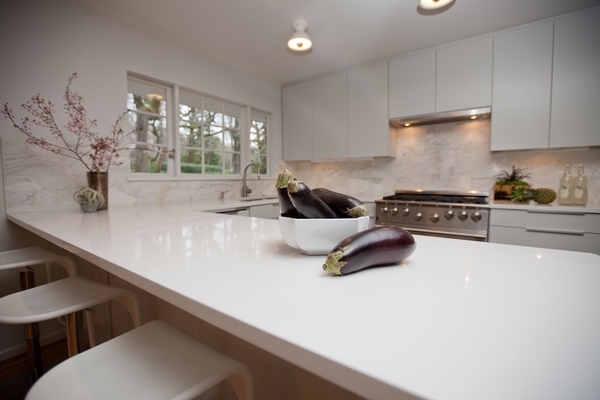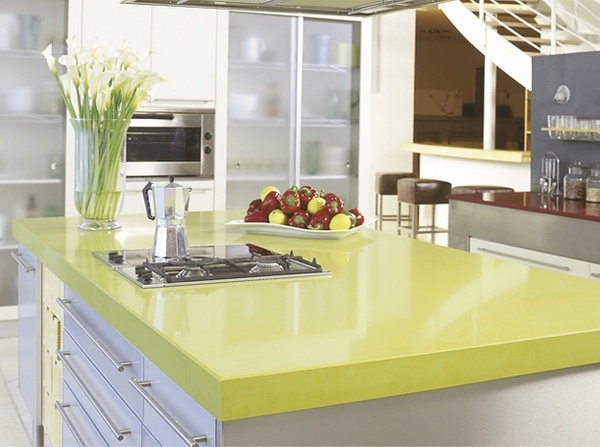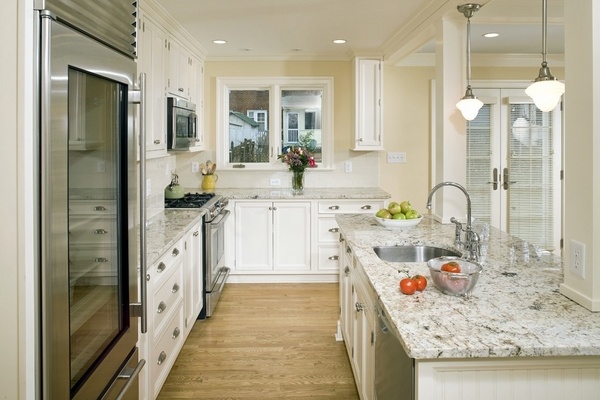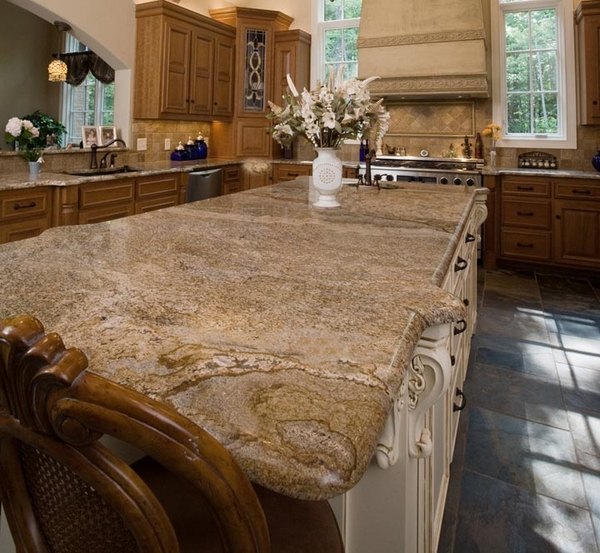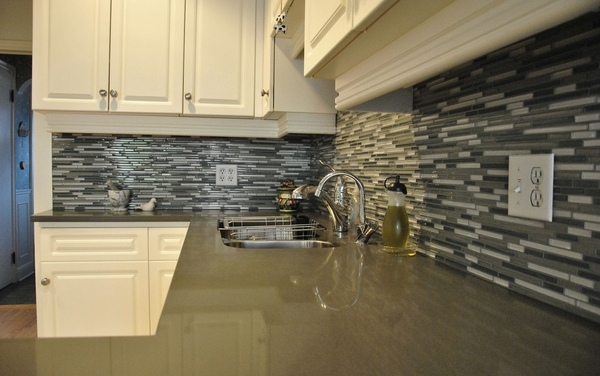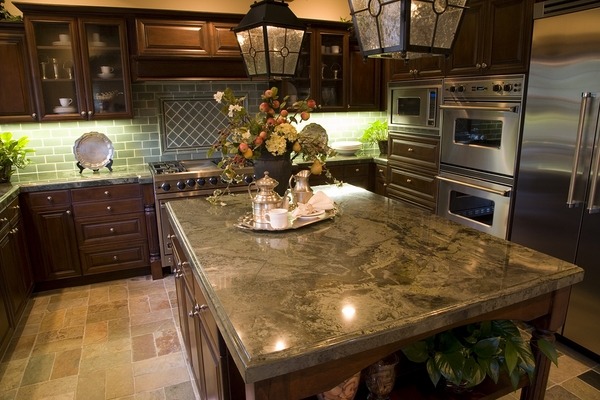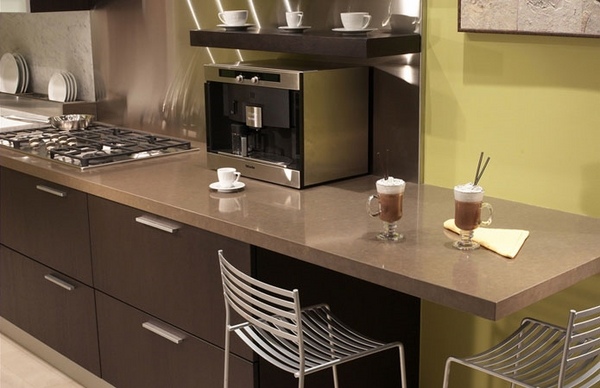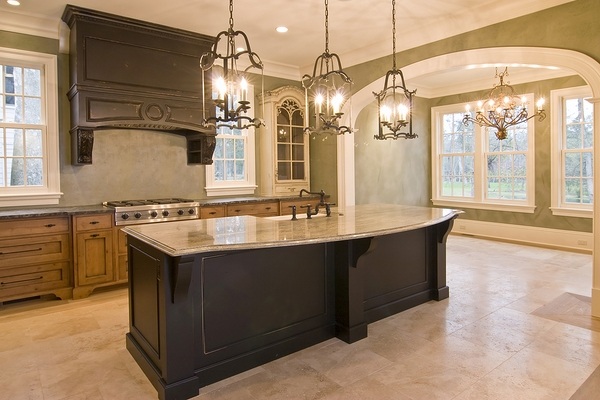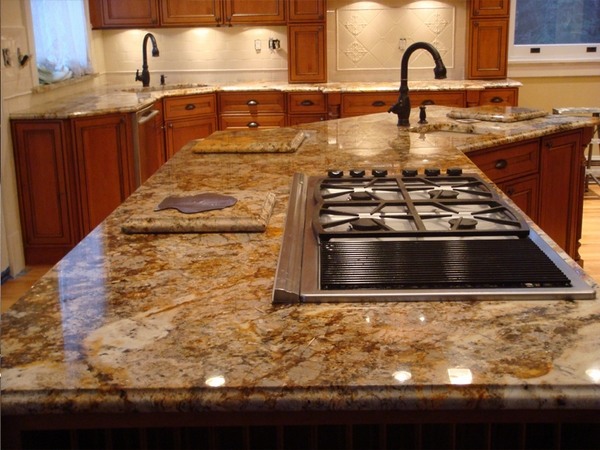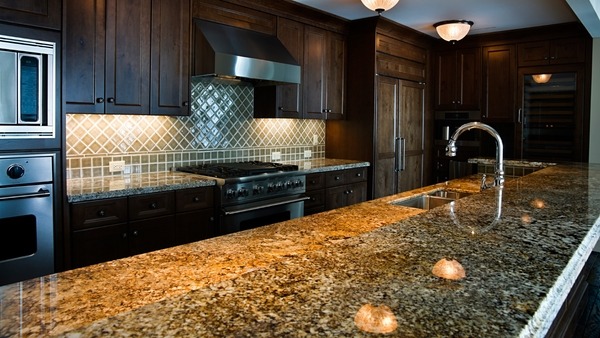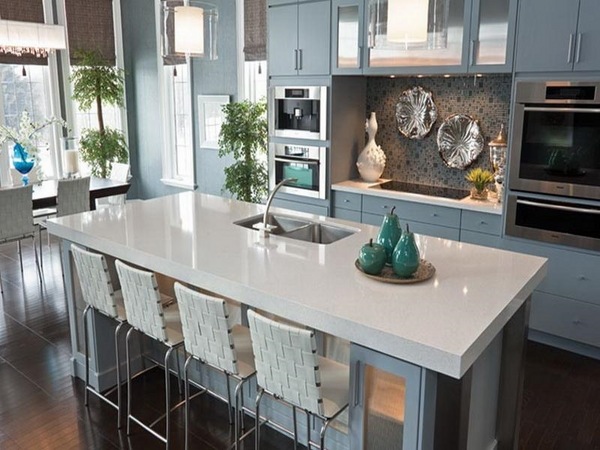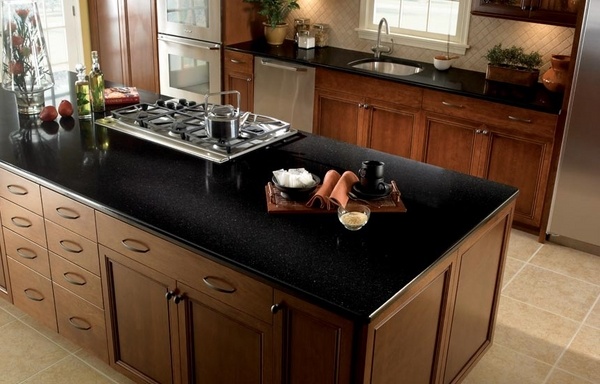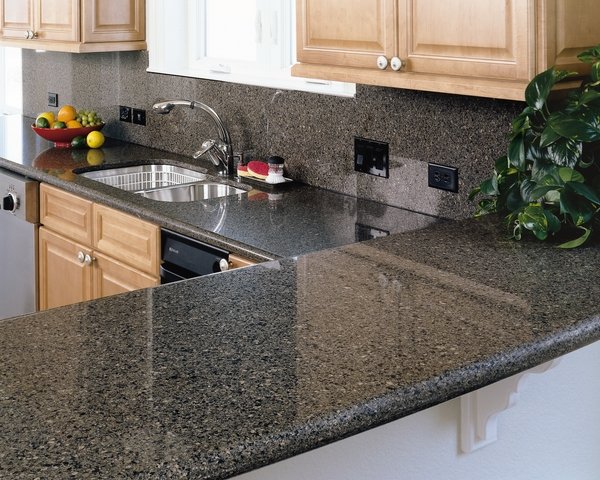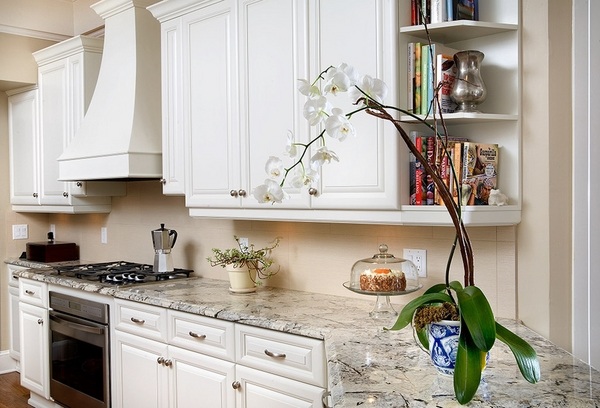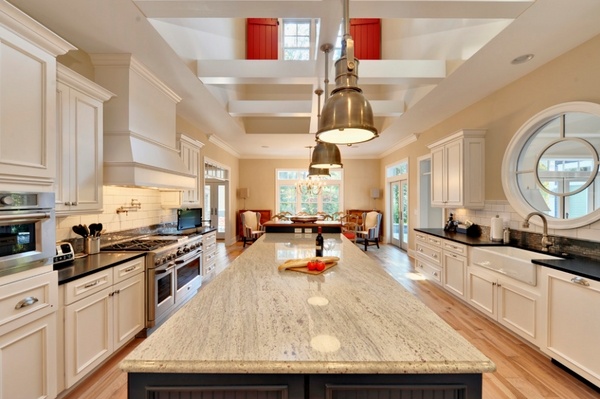Let’s compare quartz vs granite and see the differences in the main characteristics of the two materials. It is really important for homeowners who plan an upgrade to their kitchens and wonder what to buy.
Of course, when it comes to appearance and visual aesthetics it is all a matter of personal taste. While granite offers a natural and unique look, quartz offers a wide variety of patterns and colors.
Quartz vs granite – origin and durability
Granite is a 100% natural. It is quarried, cut into slabs and polished.
Quartz is manufactured from crushed quartz mixed with pigments and polymer resins which bind the particles together.
Durability
This is an engineered stone and is as strong as granite, non-porous and does not require any sealing and in addition it is stain resistant.
Granite has to offer all the benefits of a natural product. It is the most durable natural countertop material and resistant to cracks and chips.
Quartz vs granite – installation and maintenance
Both types of countertops should be installed by professionals. Both are extremely heavy and quite difficult to handle. You wouldn’t want to spend a lot of money on an unsuccessful DIY project. Be wise and trust the professionals for the installation.
Both materials require maintenance, although many people think that stone, natural or manufactured, would be maintenance free.
Granite has to be sealed upon installation, and then again on a regular basis. It is extremely porous and the strong seal is needed to keep the countertop from staining. The proper annual re-sealing guarantees that the countertop will remain resistant to stains.
Quartz is nonporous and does not require an initial or additional sealing. This means that it is perfectly stainless and will not be damaged by coffee, oil or food colorings. However, direct sunlight may cause a certain loss of color and it is recommended that the countertops are not installed outdoors or near large windows.

